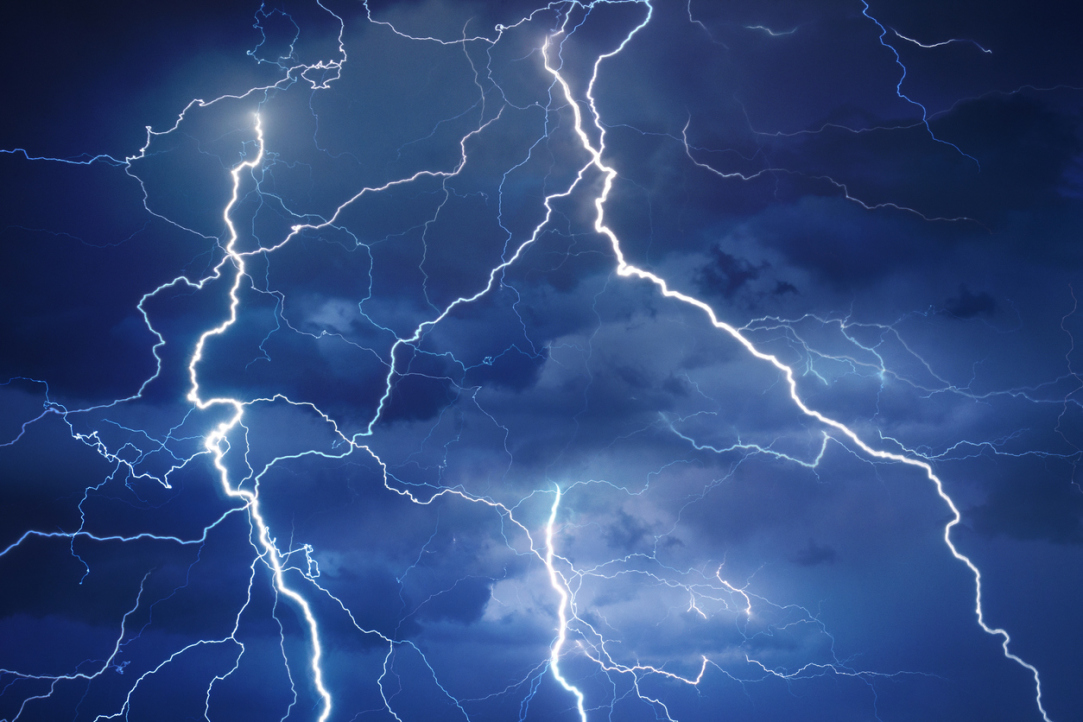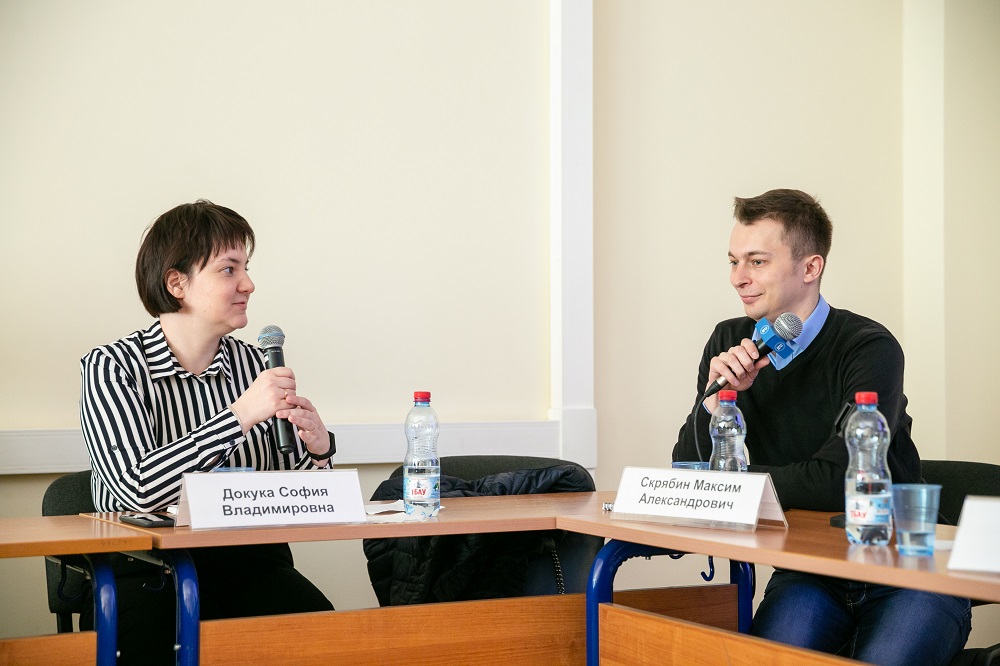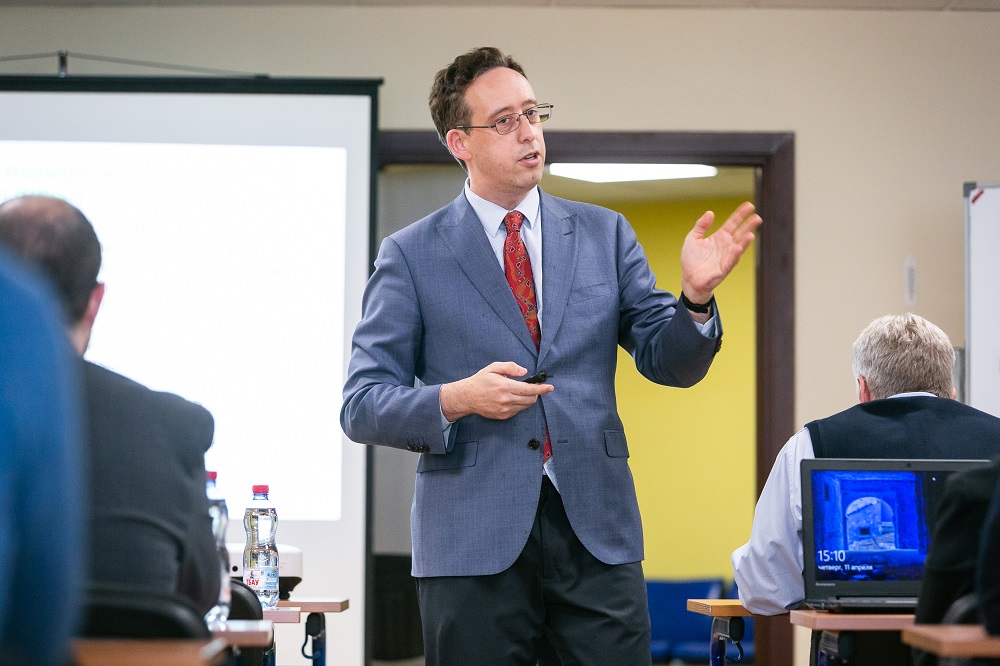
MIEM HSE Scientists Come Closer to Unraveling the Mystery of Cloud Lightning Movement
At the general meeting of the Russian Academy of Sciences (RAS), held on April 23, research by Alexander Kostinskiy, Vladimir Rakov and Mikhail Andreev conducted in collaboration with their colleagues from academic institutes on the modeling and development of lightning was acknowledged as one of the most significant Russian scientific achievement in 2018.

Russian Blue Chips Prove Their Pricing Potential
Researchers from HSE University and London Business School have carried out research into the dynamics of the prices for Russian companies’ stocks and depositary receipts. The research indicates that, thanks to their price differences, there are opportunities for profitable trading with zero or, at least, minimum risk.

HSE Opens Laboratory of Financial Data Analysis
Part of the Centre of Deep Learning and Bayesian Methods and another partner project between Sberbank and HSE University’s Faculty of Computer Science, the laboratory will focus on applying machine learning methods to financial services.
Authoritarianism as the Opposite Pole of Postmaterialism
On April 10, Ronald Inglehart, founder of the World Values Survey and the Laboratory for Comparative Social Research, delivered an honorary lecture at the LCSR’s 9th international seminar held as part of HSE’s XX April Academic Conference. The lecture addressed the roots of authoritarianism, its relationship to other widely investigated phenomena and its empirical linkage with contemporary politics.

What Do Digital Traces Have to Offer for the Study of Psychological Wellbeing?
The round table on ‘Psychological Wellbeing in the Digital Age’ brought together a range of scholars and one industry professional to talk about how a user’s digital footprint—or ‘digital traces’—can be used to discern a person’s psychological state, predict their behavior, and, potentially, even improve their psychological wellbeing.
.jpg)
HSE Opens International Laboratory 'Russia’s Regions in Historical Perspective'
HSE’s new International Laboratory of ‘Russia’s Regions in Historical Perspective’ will study the social and political history of Russia’s regions from the 18th to the late 20th century.

What Drives Innovation in Russian Companies
As part of the Management session of the XX April International Conference, Carl F. Fey from Aalto University School of Business, Finland, presented his paper on Facilitating Innovation in Companies in Russia: The Role of Organizational Culture. In his talk, Professor Fey spoke about the results of three studies he has been conducting with his team.
‘Statistics Should Be Available and Comprehensible to Everyone’
Implementing a digital analytical platform, opportunities for Big Data, and other prospects for the development of Russian statistics were discussed by participants at a plenary session of the XX April International Academic Conference.
Can Youth Bullying Ever Be Eradicated?
Dr. Dorothy Espelage (University of Florida) presented a comprehensive account of her research into youth bullying spanning more than two decades in an invited paper ‘Prevention & Intervention of Youth Bullying and other Forms of Youth Aggression: Research Informed Strategies’ at the XX April International Academic Conference.
.jpg)
Art for Auction: The Shape of the Russian Art Market
Currently, the Russian art market is made up of more than 20 auction houses, about 100 major galleries, 9 big private collectors, and over 20 thousand professional artists. Though it shows a lot of promise, it still has yet to come into its own. Researchers of the HSE Centre of Development Institute studied the contemporary mechanisms in place for trading paintings, graphic art, photography and sculpture in Russia, and they published their findings in a paper, ‘The Russian Art Market: 2018’.

